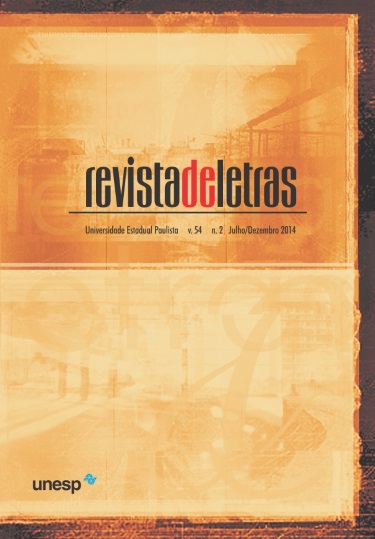The vertebra of the censorship: Amor de don Perlimplín, a Lorquian erotic aleluya
Keywords:
Lorca’s “pure drama”, Amor de don Perlimplín con Belisa en sujardín, Goethe’s Faust, Censorship, Manhood crisis, Ortega y Gasset,Abstract
Amor de don Perlimplín con Belisa en sujardín– concluded in 1929 to be staged by Cipriano Rivas Cherif ’s independent company El Caracol– is a one of Federico García Lorca’s more innovative play in relation to his own investigation on the concept of “pure drama”. In between tradition and vanguard, i.e. in between the actor’s body and the puppet’s artificial one, the play is indeed a poetic realm where several aesthetic references can be traced, such as Goethe’s Faust or Classical mythology, taken from a Gongorian point of view. Furthermore, Amor de don Perlimplín is to be placed within a historical context of reinterpretation of gender and sexuality in Spain, by means of a constant sociological review. At this level, and in the background of Ortega y Gasset’s idea of “invertebrate nation”, takes place the disintegration of manhood as civilizational ideal. This paper aims to associate García Lorca’s poetic investigation – focused as it is on the subject of desire – with the very cultural debate of the 1920’s and 1930’s in Spain, highlighting the problems with censorship that the play had to deal with.
Downloads
Published
Issue
Section
License
Os manuscritos aceitos e publicados são de propriedade da Revista de Letras. Os originais deverão ser acompanhados de documentos de transferência de direitos autorais contendo assinatura dos autores.
É vedada a submissão integral ou parcial do manuscrito a qualquer outro periódico.
A responsabilidade do conteúdo dos artigos é exclusiva dos autores.
É vedada a tradução para outro idioma sem a autorização escrita do Editor ouvida a Comissão Editorial.

